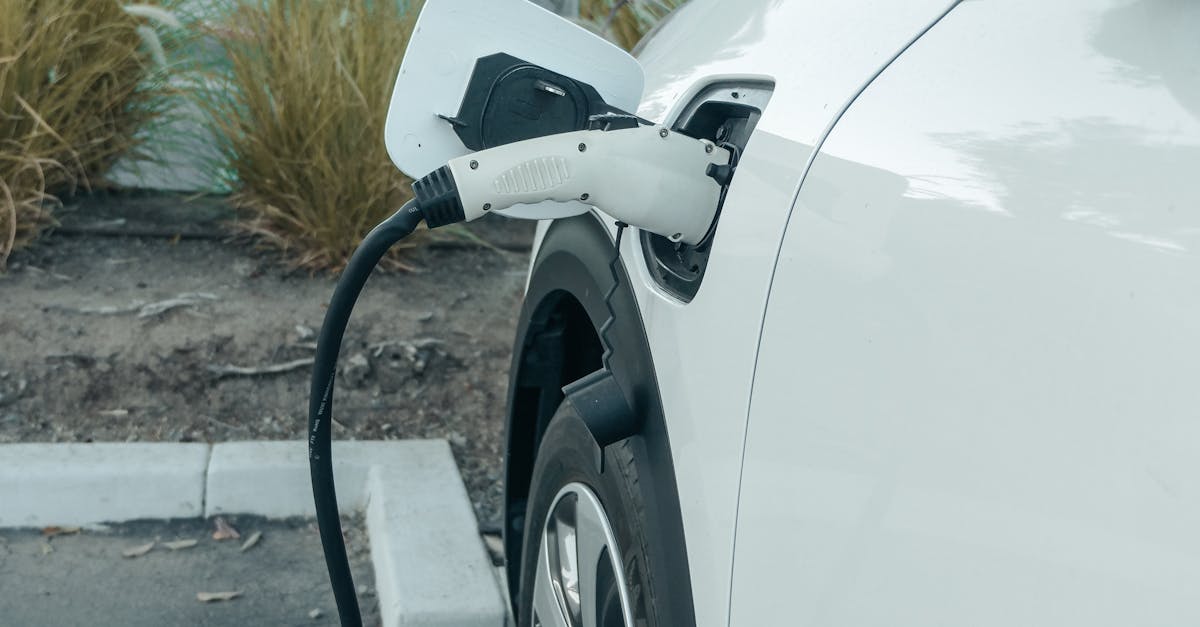
The historical evolution of energy management systems
Effective management of energy consumption is increasingly vital as the demand for electricity continues to rise. Innovative demand response programs allow consumers to adjust their usage during peak periods, thus alleviating stress on the grid. These programs can incentivise users to reduce energy consumption, shifting usage to off-peak hours when electricity is more abundant and less costly. The integration of smart meters has further facilitated this shift by providing real-time data, empowering useSmart meters and IoT devices are at the forefront of this revolution, providing real-time data that empowers users to make informed decisions regarding their energy consumption. This integration of technology not only enhances operational efficiency but also encourages behavioural changes among consumers. Advanced analytics allow for predictive maintenance and optimised energy use, reflecting a meticulous approach to managing energy resources.rs to make informed decisions about their energy habits.
Integration of Smart TechnologiesWith advances in technology, optimisation techniques have emerged that enhance energy efficiency across various sectors. By employing data analytics and machine learning, utilities can predict consumption patterns and adjust supply accordingly. This responsive approach not only promotes energy conservation but also leads to significant cost savings for both providers and consumers. Tailoring solutions to individual needs has become a key strategy in managing overall energy usage within smart grids.
Technologies such as IoT (Internet of Things), advanced meteriAutomation significantly improved energy management by enabling real-time monitoring and control of energy use, reducing human error, and allowing for quicker responses to changing energy needs.ng infrastructure (AMI), and various communication protocols facilitate data exchange in smart grid communication networks.
How has the integration of smart technologies impacted energy management in the 21st century?How do smart grids benefit consumers?
Historical developments in smart grid technologyWhy smart grids are the future of energy distribution